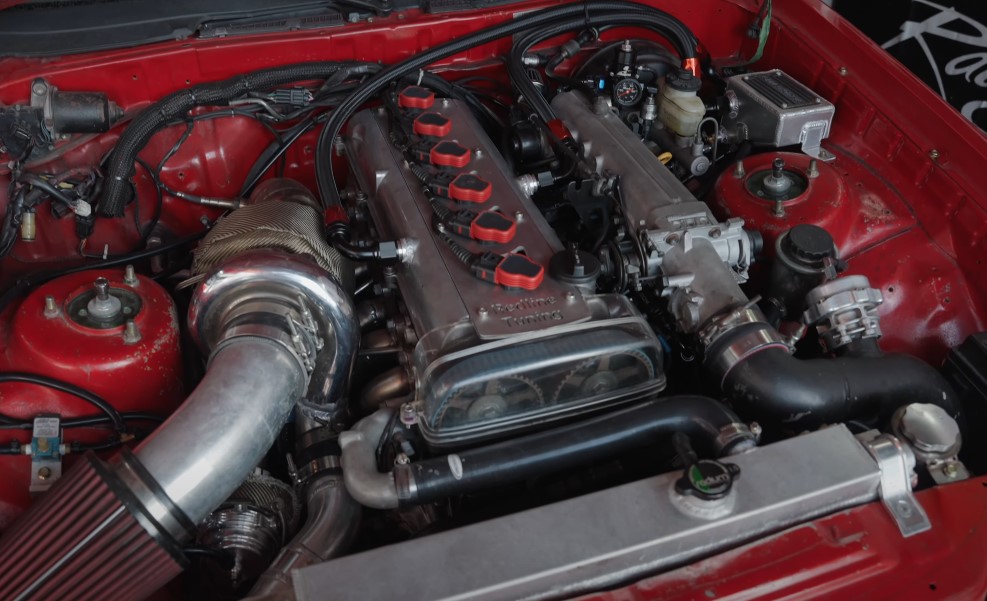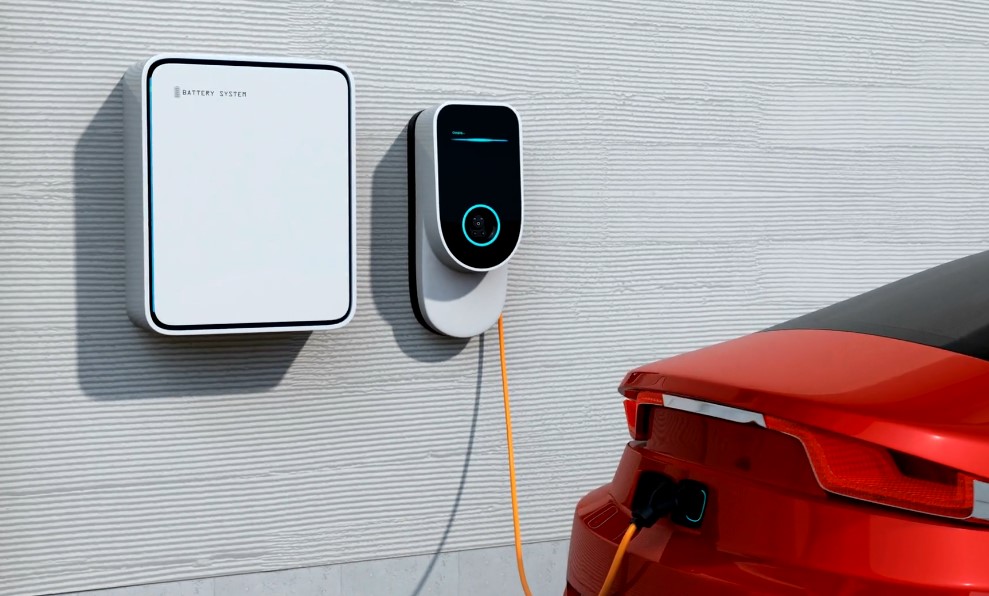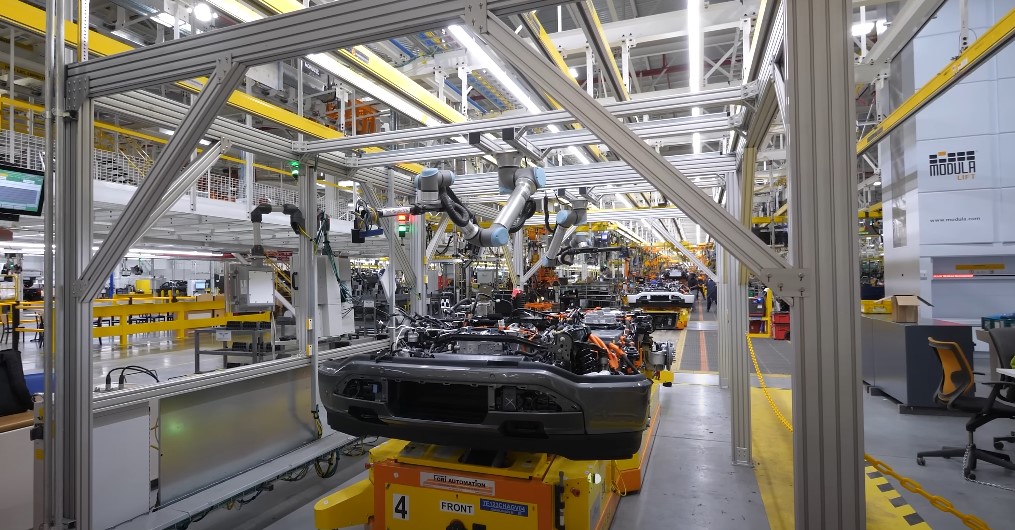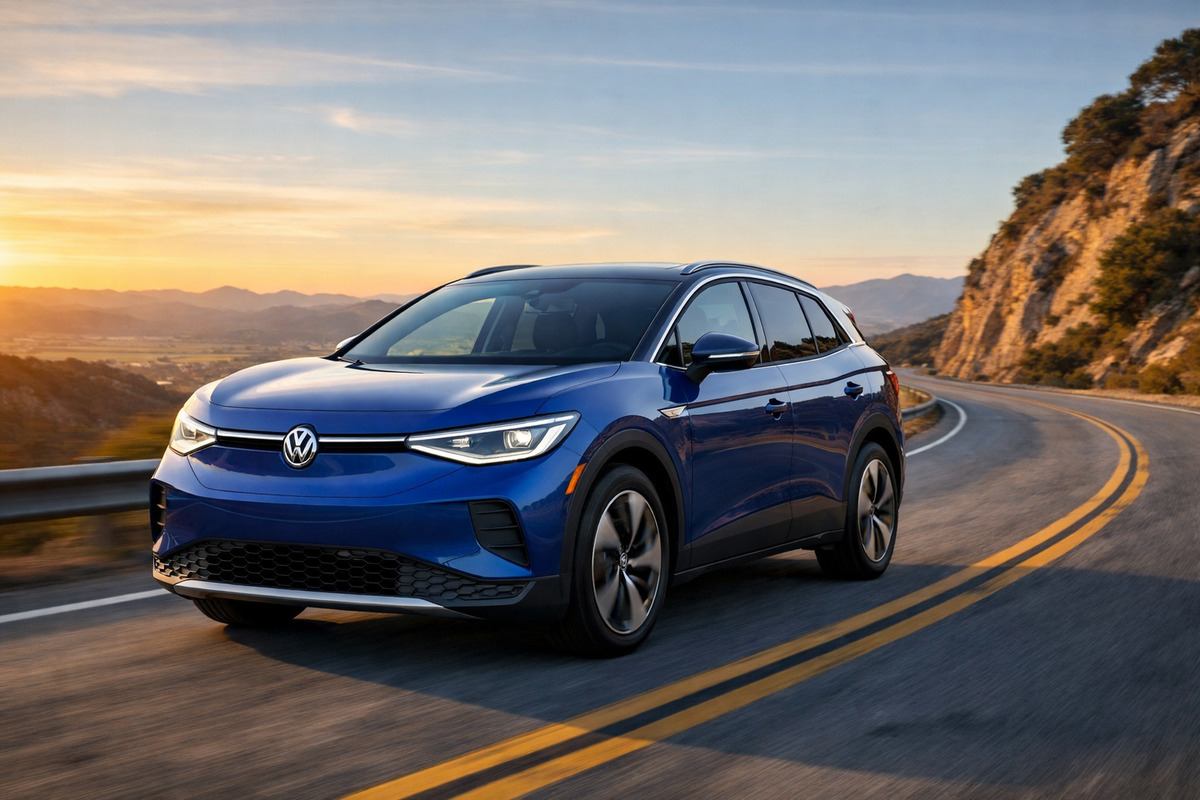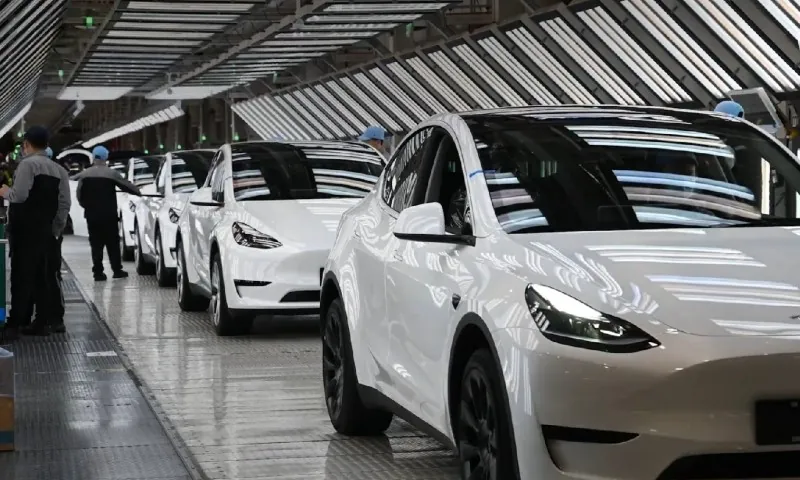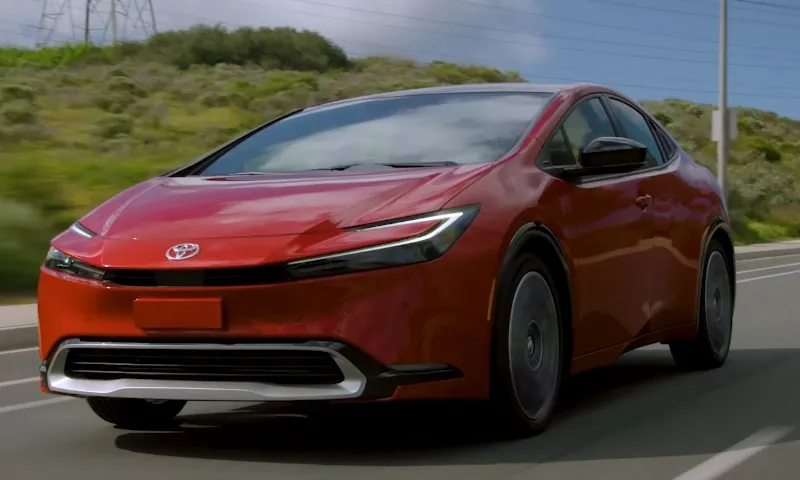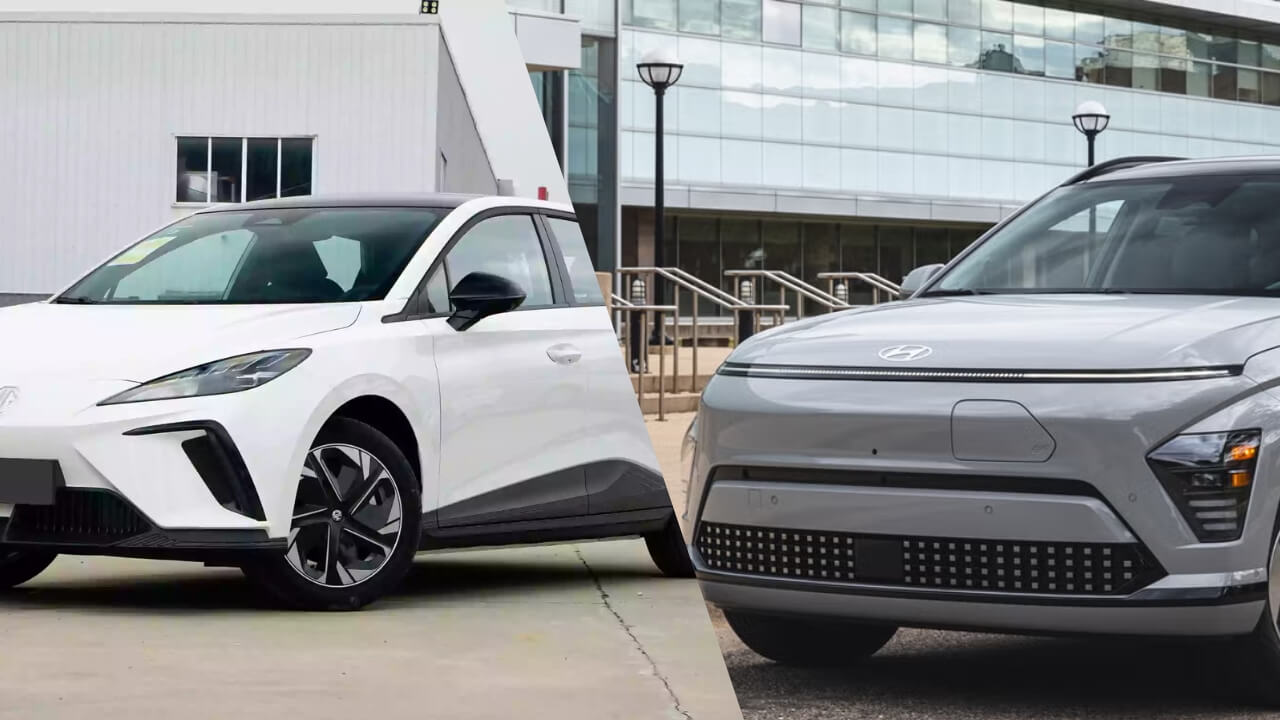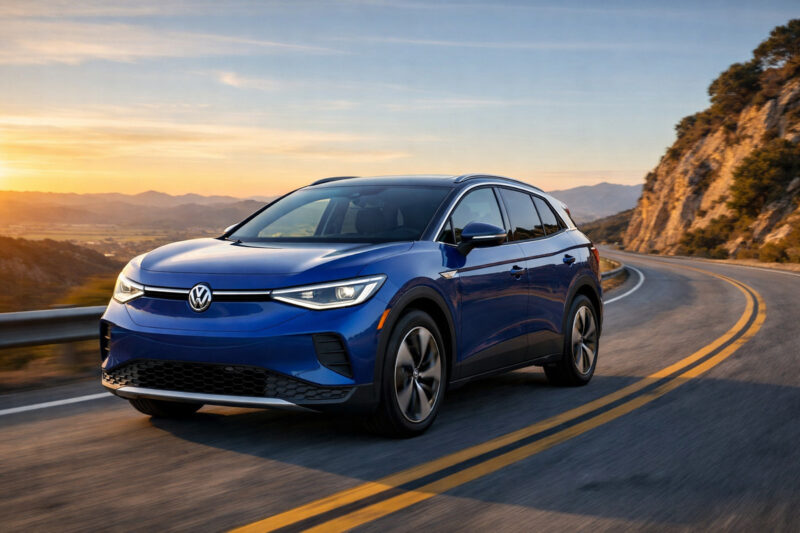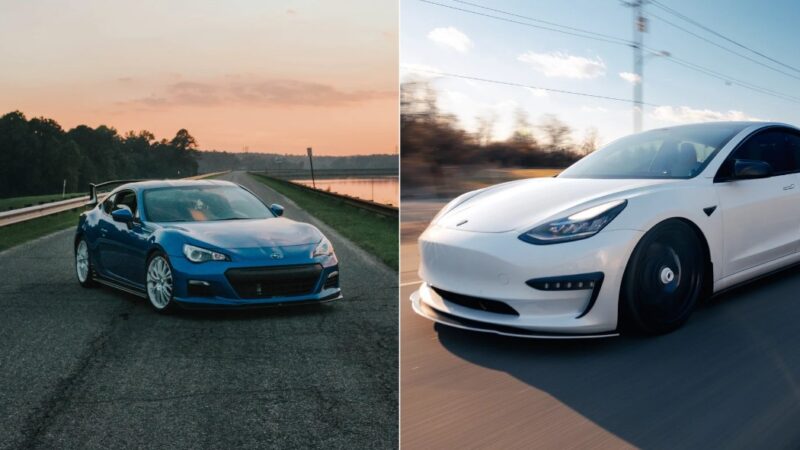
Share Post:
We’ve all seen electric vehicles (EVs) rise in popularity over the years. They’re sleek, they’re futuristic, and they come with the promise of saving the environment.
But let’s take a moment to appreciate that traditional gas-powered cars still hold their ground for good reason. As much as EVs are celebrated, there are areas where gas-powered vehicles truly shine, making them the better choice for certain drivers.
Below, I’ll share the top reasons why gas cars still have an edge in today’s automotive world.
Table of Contents
ToggleKey Aspects
| Aspect | Gas Cars | Electric Cars (EVs) |
| Affordability | Generally cheaper; affordable for average incomes | Expensive, often considered luxury cars |
| Refuelling Infrastructure | Well-established, widely available | Limited and growing infrastructure |
| Power | Strong, improving horsepower and fuel efficiency | Instant torque for fast acceleration |
| Speed | Continuous speed increase over time | Quick acceleration but limited top speed |
| Seating | Various seating options (1-5 seats) | Limited seating capacity |
| Charging/Refuelling Time | Quick refuelling | Longer charging times, can cause inconvenience |
| Component Lifespan | Engines can last 10 years or 200,000 miles | Batteries may need replacement after 10 years, shorter tire lifespan |
| Sound | Produces engine sound, often preferred by car enthusiasts | Quiet operation, some drivers miss engine noise |
| Availability | Readily available components and widespread use | Limited availability of certain components |
| Technology Maturity | Over 100 years of development, well-established | Still in early stages of development |
1. Quick Refueling Beats Waiting Around
Imagine being able to roll up to any gas station, fill up your tank, and be on your way within minutes. That’s something gas-powered vehicles have mastered.
It doesn’t matter if you’re driving a sedan, an SUV, or a massive truck—refueling takes about the same amount of time. Electric cars? Well, even the fastest charging stations take at least 30 minutes to get a significant charge.
2. Longer Range Without the Headaches
Range anxiety is real. Electric cars are improving in terms of how far they can travel on a single charge, but gas cars still dominate here. Most gas-powered cars offer 300 to 400 miles on a full tank. Not to mention, you can find gas stations almost anywhere, even in the most remote areas.
3. Everywhere You Go, There’s a Gas Station
Speaking of gas stations, they’re everywhere. The infrastructure for gas-powered cars is so well-established that finding fuel is the least of your worries, no matter where you are.
It’s not just a matter of convenience, it’s also about flexibility. You don’t need to meticulously plan your route to ensure you’re within reach of a charging station—just drive and refuel when needed.
On the other hand, EV charging stations, though growing in number, still have a long way to go before they become as ubiquitous as gas stations.
4. Cheaper Upfront Costs
Let’s talk money. Right now, gas cars tend to be more affordable than their electric counterparts. While EVs are getting cheaper over time, especially with government incentives, the cost of batteries and advanced tech still drives up the initial price.
5. More Variety to Choose From
When it comes to variety, gas-powered cars have EVs beat by a long shot. There are compact cars, trucks, SUVs, sports cars—you name it, and there’s likely a gas version for it.
Electric cars, while increasing in options, don’t yet offer the same breadth. If you’re in the market for something specific, like a heavy-duty truck or a high-performance sports car, chances are you’ll have more choices with gas-powered models.
6. Performance That Packs a Punch
Don’t get me wrong—EVs can be fast. That instant torque provides a thrilling boost when you hit the accelerator. But when it comes to raw power, gas cars, especially in the high-performance category, still reign supreme.
There’s something about the growl of a gas engine that’s unmatched, particularly for car enthusiasts who love the visceral experience of driving.
It’s not just about speed, though; it’s about the feel of the road, the control, and, yes, even the sound of a roaring engine.
7. Repairs Are Easier and More Affordable
Gas-powered cars have been around for over a century, so there’s no shortage of mechanics who can repair them. Whether it’s a simple oil change or a more complex engine issue, you can find a shop that knows exactly how to fix it.
Plus, repairs tend to be cheaper. EVs, on the other hand, require specialized knowledge and tools for their sophisticated electronics and battery systems.
That means fewer mechanics are equipped to handle repairs, and when they do, it’s often more expensive.
8. You’re Not Relying on the Power Grid
As we shift toward more EVs, the demand on the electrical grid will rise. This could lead to higher electricity costs or even potential power shortages, especially during peak times. Gas cars, however, run independently of the electrical grid.
You can fill up your tank regardless of how much power is available in your area. This independence is particularly important in regions with less reliable electricity or those prone to blackouts. When the lights go out, you’ll still be able to get where you need to go with a gas car.
9. The Environmental Cost of EV Manufacturing
There’s no denying that EVs are great for cutting down emissions during daily driving, but there’s more to the story. The batteries required for electric cars are made using lithium, cobalt, and other materials that have their own environmental costs.
Mining these resources is energy-intensive and can cause environmental harm. And once those batteries reach the end of their life, disposing or recycling them is another challenge. It’s a side of the EV narrative that often gets overlooked.
10. Gas Cars Hold Their Resale Value
For now, gas cars tend to hold their resale value better than EVs. The technology in electric cars is evolving so rapidly that older models can depreciate faster, as newer and more efficient options hit the market.
Also, range concerns and limited charging infrastructure in certain regions make used EVs less attractive to potential buyers.
11. Cold Weather Doesn’t Stop a Gas Car
If you’ve ever driven an EV in cold weather, you know the frustration of losing range. Batteries don’t perform as well in the cold, and using the heater only drains the battery further.
Gas cars, on the other hand, are largely unaffected by cold temperatures. In fact, gas engines naturally generate heat, which can be redirected to warm the cabin without extra energy use.
This makes gas-powered cars more reliable in colder climates or during harsh winters.
12. Towing? Gas-Powered Trucks Have the Upper Hand
For those who need to tow heavy loads, gas-powered trucks are still the go-to.
While electric trucks like the Ford F-150 Lightning are making waves, gas-powered trucks currently offer better towing capacities and longer-range capabilities for hauling over long distances.
Plus, the extra weight of EV batteries can limit payload capacity, making gas vehicles the better choice for industries that rely on heavy-duty work.
Wrapping It Up
While electric cars are definitely the future, gas-powered vehicles aren’t going anywhere just yet. They still offer significant advantages in areas like refueling speed, range, affordability, and performance.
For drivers who prioritize long trips, towing, or just the familiar comfort of an engine that’s been tried and tested for over a century, gas cars remain a solid choice. Will gas cars eventually be overtaken by EVs?
Maybe, but right now, they’re still holding their own. If you ask me, there’s no harm in sticking with what works, especially when it’s been working for so long.
Related Posts:
- Why Does My Car Smell Like Gas? Common Causes and Solutions
- Are EVs Losing Value Faster Than Other Cars? What…
- How Much Does the Average Person Spend on Gas a…
- 13 Reasons to Choose a Level 2 Charger Over Level 1 in 2025
- Diesel vs. Gas Trucks - Which Has More Mechanical…
- Should You Put Premium Gas in Your Car? Insights for…







